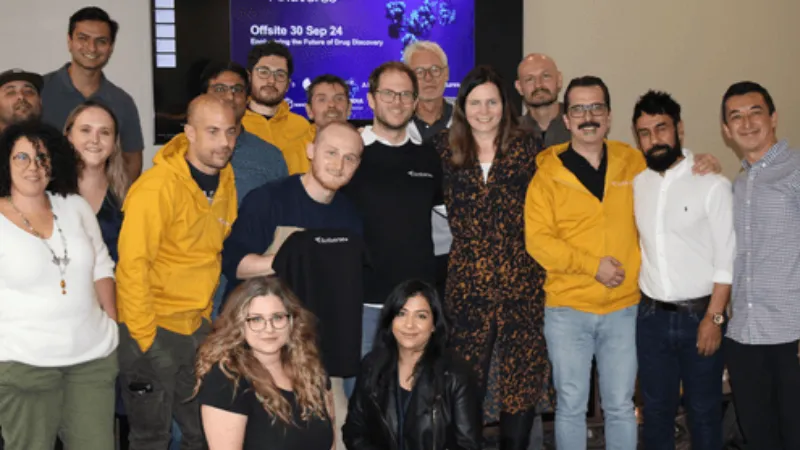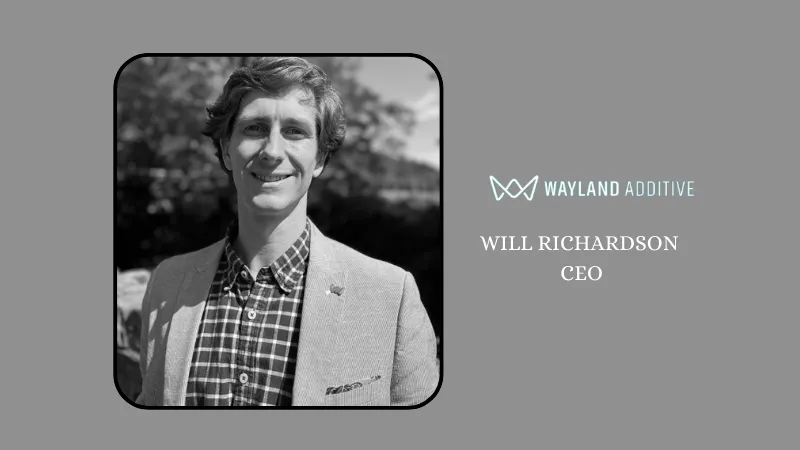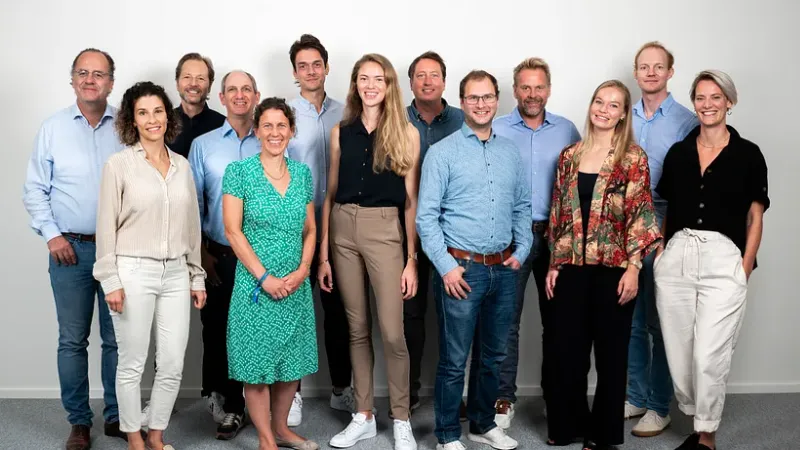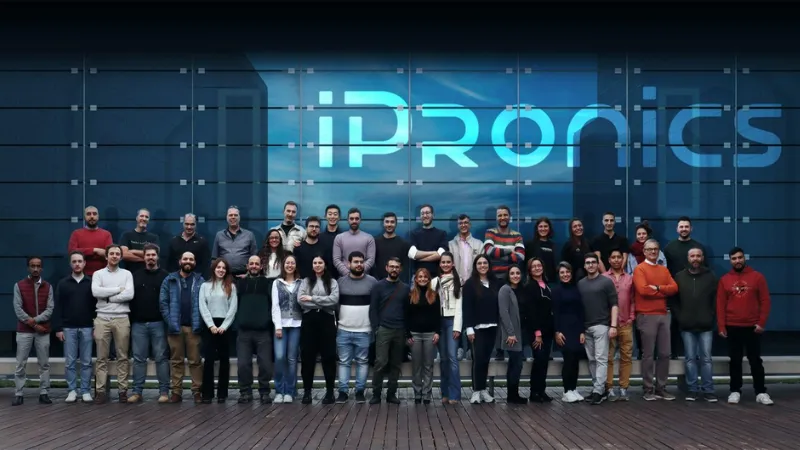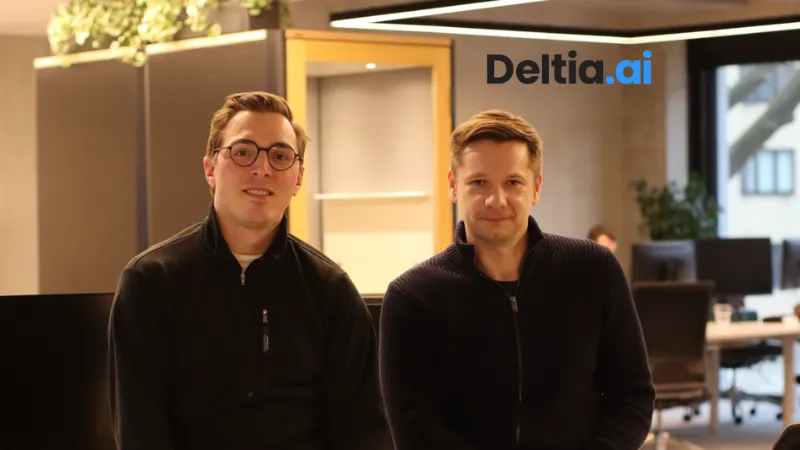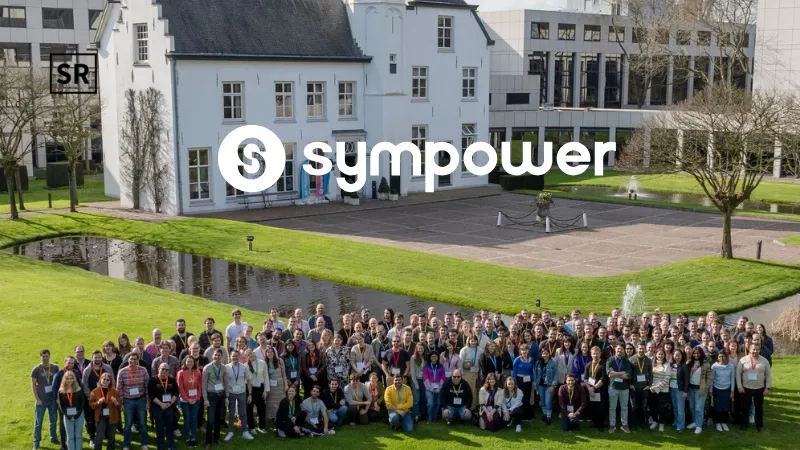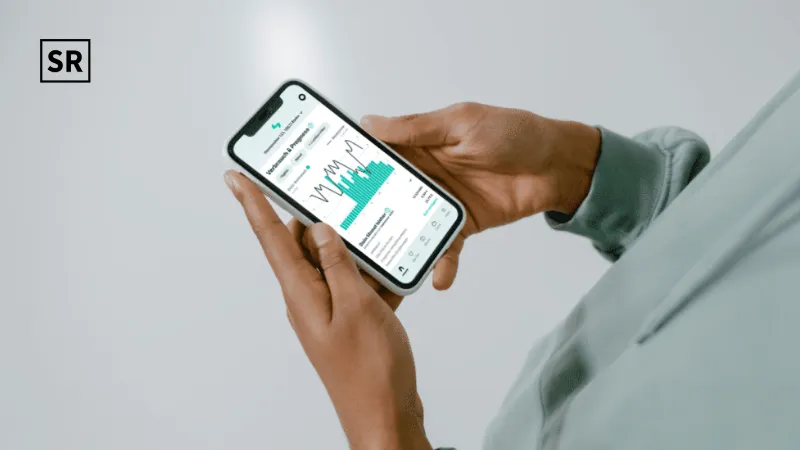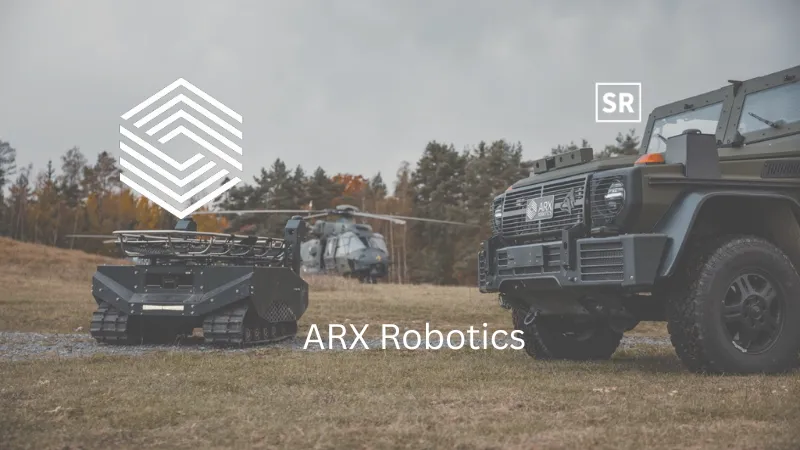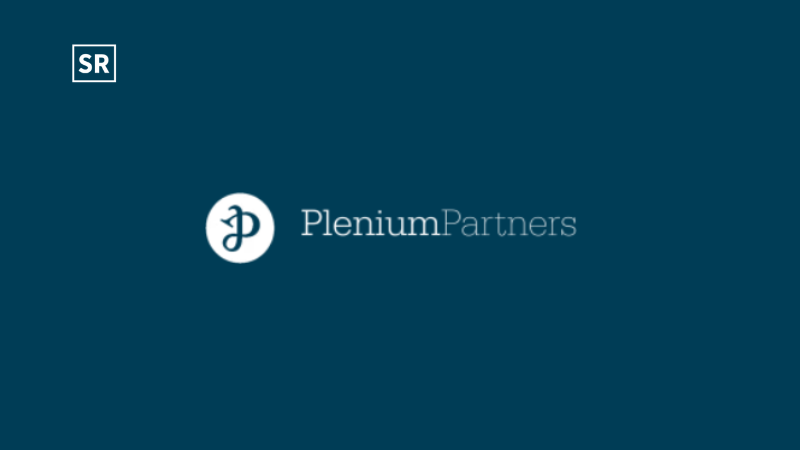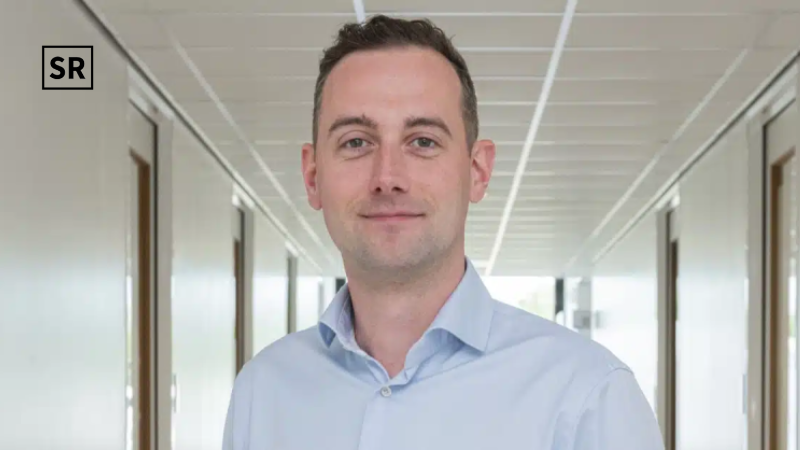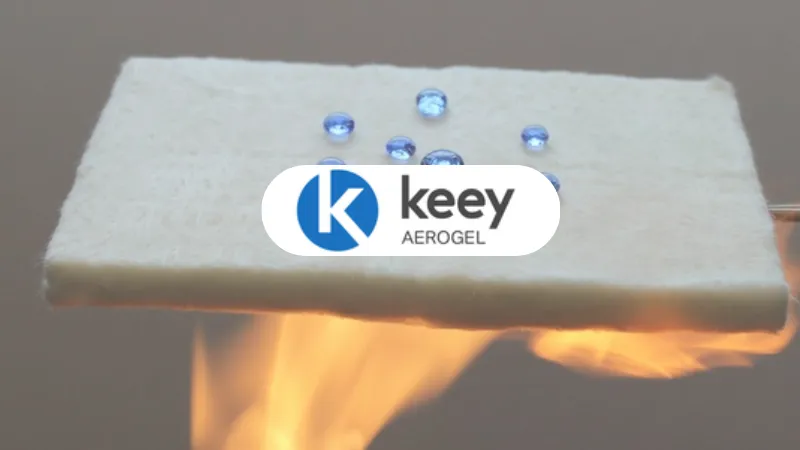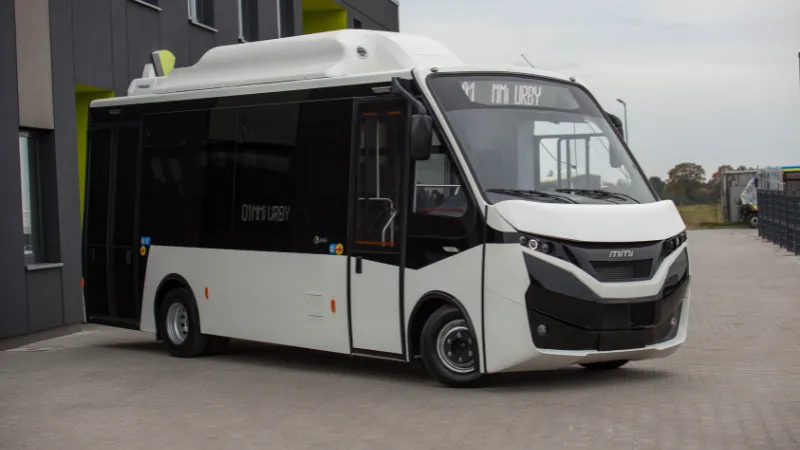
Being one of the leaders in the production of small and medium-sized buses in its country, the Polish company MMI has secured EUR 7.7 million in funding from the Vinci S.A. fund. The capital will be used to develop electric buses in three variants, including low-entry, low-floor and normal-floor vehicles.
SUMMARY
- Being one of the leaders in the production of small and medium-sized buses in its country, the Polish company MMI has secured EUR 7.7 million in funding.
- Vinci S.A. is a manager of alternative investment companies, providing appropriate financing solutions for Polish entrepreneurs.
The development of zero-emission drive technology, chassis and body construction, and their own design will allow the company to strengthen its position and expand its offerings in Poland and Western Europe. MMI's plans also include the creation of an electric minibus powered by a hydrogen fuel cell and the construction of a modern production hall, which will enable the company to double the volume of vehicles produced.
Transport, especially public transport, is an integral part of our daily lives. Whether we are commuting to work, going shopping, or meeting friends, we often rely on buses, which typically have the most extensive network of connections. Unfortunately, the ability to move efficiently comes at a cost, namely significant environmental pollution.
In city centers, diesel buses contribute substantially to air quality degradation and the formation of smog. According to data from the European Commission , heavy-duty vehicles such as coaches, trucks, and city buses account for over 6% of total greenhouse gas emissions in the European Union and over 25% of CO2 emissions in road transport.
Read also - Gaussion funding news – London-based Gaussion Raises $12 Million in Series A Round Funding
To combat the growing climate pollution, in February 2024, the European Commission announced a new net greenhouse gas emissions reduction target for the European Union . Assuming their reduction by 90% by 2040 compared to 1990 levels, and representing an intermediate step to enable climate neutrality by 2050, in line with the European Green Deal. One of the key proposals from the Commission is a change in urban transport, requiring all new city buses to be zero-emission starting in 2030.
Although we are seeing more and more electric or hybrid-powered city buses worldwide, they are still predominantly used on main routes in large cities. Challenges remain in servicing less crowded night routes, communication within the strict city centers, as well as transportation in smaller towns, especially those located in mountainous, sub-mountainous, and rural areas.
A Polish manufacturer of small and medium-sized buses aims to address these challenges. The family-owned company MMI, which employs over 70 people and has so far been producing diesel and compressed natural gas-powered vehicles, is preparing for a technological transformation and the production of its own zero-emission vehicles. This goal will be supported by recently secured funding of EUR 7.7 million from the Vinci S.A. fund.
Stanisław Zdrojewski said, "We plan to use the secured capital to create our own brand of small and medium-sized electric buses, including models powered by hydrogen fuel cells, in three variants: low-entry, low-floor, and standard-floor. To achieve this, we are working on zero-emission drive technology and innovative chassis and body designs. Our goal is to create buses with the lowest possible curb weight to maximize their range. - comments Stanisław Zdrojewski, CEO of MMI. We are developing a new type of body structure using composite technology, specifically a skeletal-laminate construction, which will significantly reduce the weight compared to the traditional steel-aluminum frame. Additionally, we plan to develop a drivetrain system utilizing synchronous motors integrated into the wheel hubs of the drive axle. This will simplify the power transmission system, increasing its efficiency and reliability. Our next steps include developing a bus powered by a hydrogen fuel cell and constructing a modern production hall, which will enable us to double our current production volume. "
Piotr Woliński said, "MMI, which last year alone saw a threefold improvement in its financial performance, surpassing 70 million PLN in revenue, plans to have a full range of minibuses within a maximum of three years. This will perfectly align with market needs in Europe. Technological development and the new types of vehicles will enable the company to strengthen its position in the Polish market and expand its operations and current offerings in Italy, France, Germany, Switzerland, and Scandinavia. The company's development schedule for urban, intercity, and school buses aligns well with market expectations, particularly regarding EU regulations on zero-emission urban transport. MMI's electric minibuses will be among the few of their kind produced in Europe and one of only two when it comes to minibuses powered by hydrogen fuel cells. The body design project, developed by the company's R&D team in collaboration with external consultants, represents a European-scale innovation, positioning the company to compete for a strong position in the international market. – comments Piotr Woliński, CEO of Vinci S.A. Our investment in the MMI project aligns with the mission and objectives entrusted to Vinci by Bank BGK, which include developing technologies that support sustainable development and technological transformation in our region. "
About Vinci S.A.
Vinci S.A. is a manager of alternative investment companies, providing appropriate financing solutions for Polish entrepreneurs. Their goal is to retain ownership of innovative technologies and patents in Poland and their commercialization in the country and abroad.
Recommended Stories for You
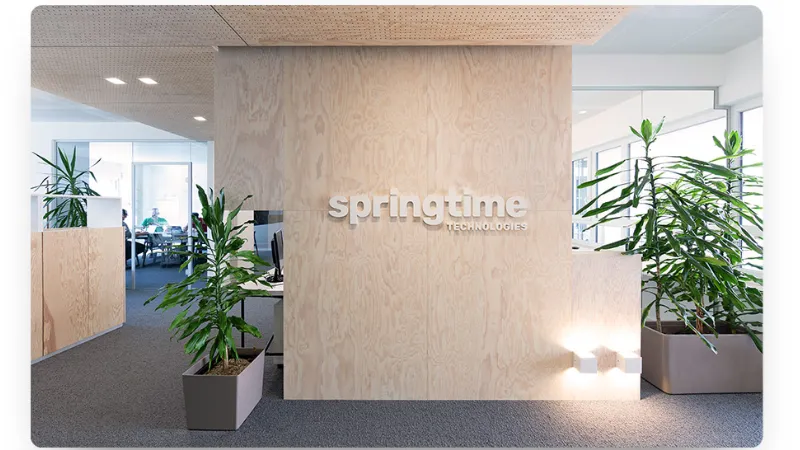
Springtime Technologies funding news – Mödling-based Springtime Technologies has Raised Growth Investment
Kailee Rainse Nov 27, 2024


 Follow us
Follow us Follow us
Follow us